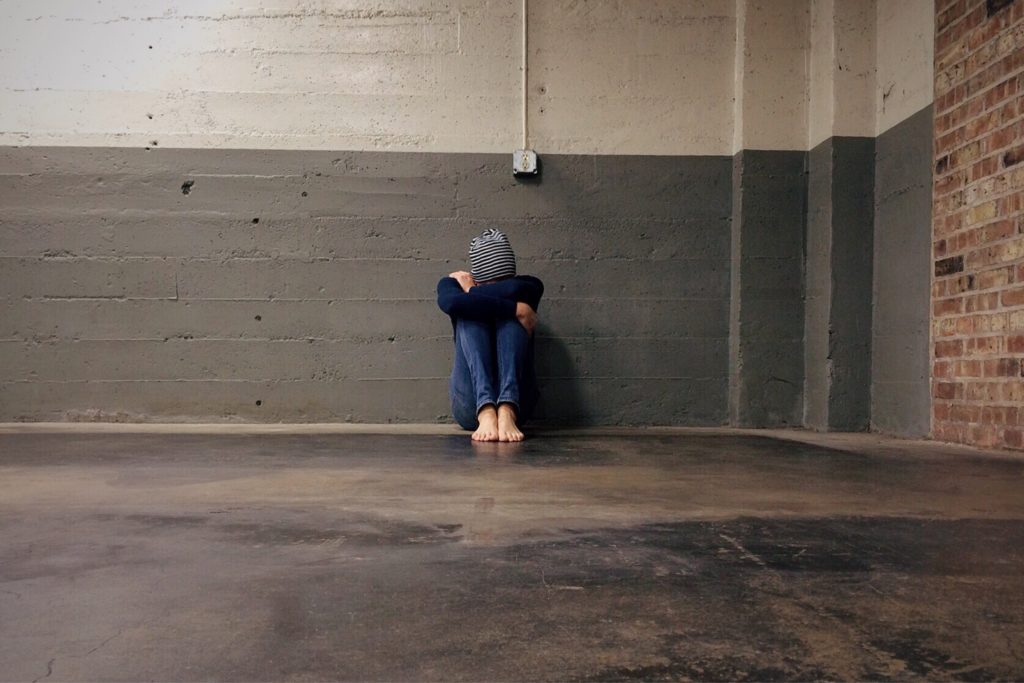One in four young people in 2020 are experiencing mental health challenges.[1] This is the impact Covid -19 is having on the younger generation.
Young people that are homeless are particularly vulnerable to mental health challenges. More than half of homeless young people have a diagnosable mental illness (including mood, anxiety, substance use and post-traumatic stress disorders)[2].
Despite the increased incidence of mental health issues, young people experiencing homelessness are less likely to access mental health services and more likely to disengage with education and employment.[3]
Black Dog Institute’s Director of Research, Professor Jennie Hudson said:
“This report shows that young people in distress will seek help directly from friends, parents and the internet.”[4]
But what if you do not have that support? Homelessness is not just about having a physical home, it is about having a place of safety and routine with people who support and encourage you.
Every home that the Property Industry Foundation builds provides homeless youth with a place to live and the chance at a fresh start. Young people like Stephen*, a young Aboriginal man who endured significant complex trauma from an early age and was diagnosed with mental health illnesses anxiety and ADHD.
Stephen had many placements over the years in foster care, residential care, family and kinship placements, all of which have been unsuccessful and broken down. He was moved out of this placement, into a residential house, and told to prove himself in five months, before he turned 18, in order to be reconsidered for a semi-independent placement. At this time, his future prospects were looking bleak.
At the end of 2019, he moved into the PIF House in Toongabbie, which gave him another chance. He worked hard on his independent living skills, including cooking and cleaning, attending appointments and being respectful towards others. He became involved in the Australian Defence Force (ADF) Indigenous Pre-recruitment Program, a mentoring project that provides a gateway into the ADF. Thanks to the stability we could provide, he is doing much better.
At the Foundation we focus on building homes for young people like Stephen, because that is where our expertise lies. This year – with your support – we have five houses that we are building so that more young people like Stephen get a second chance.

